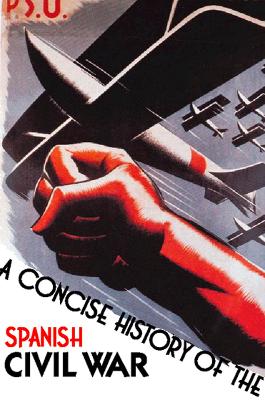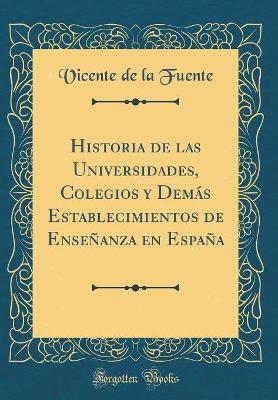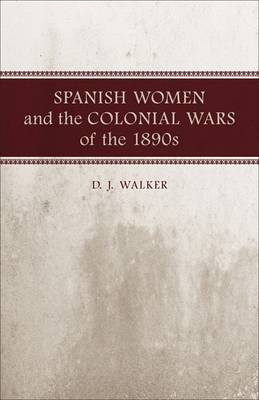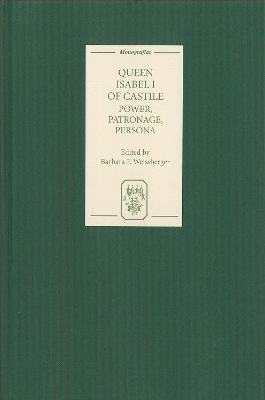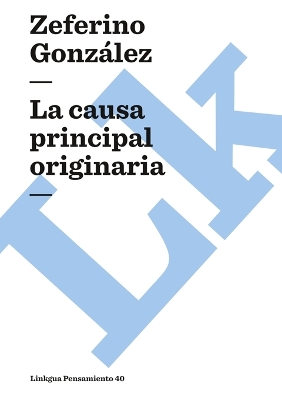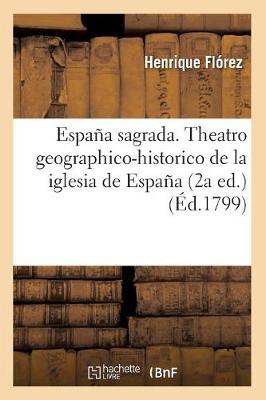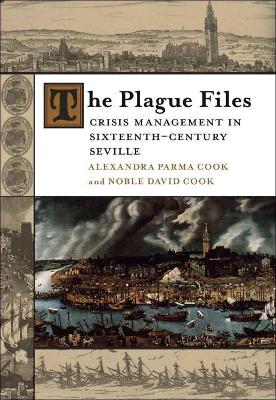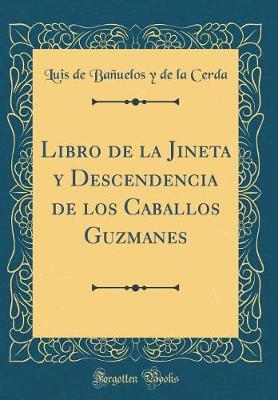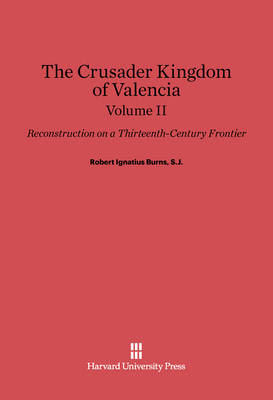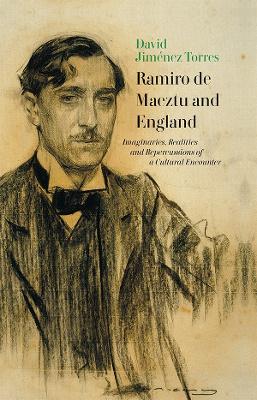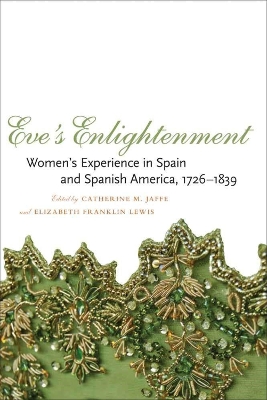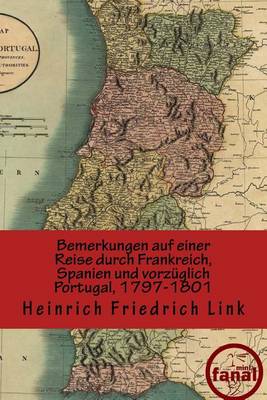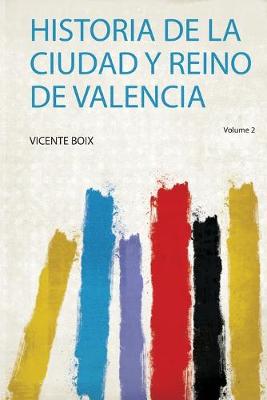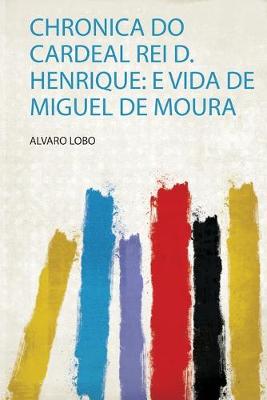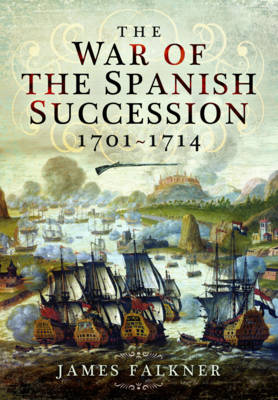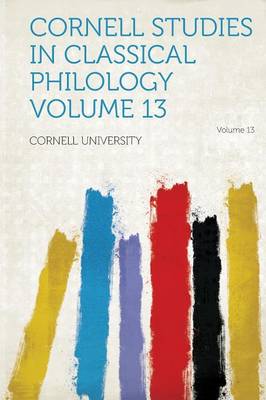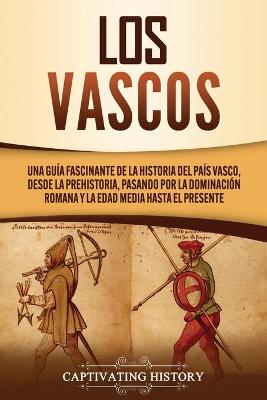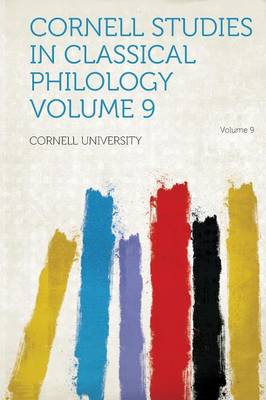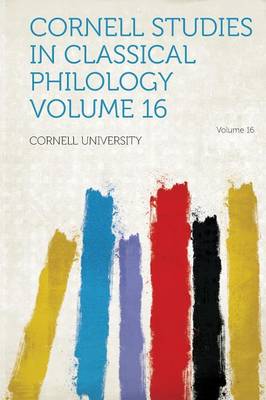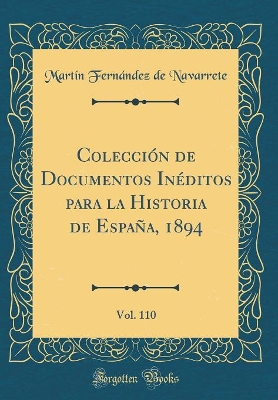Map best viewed on a tablet device. An account of the Spanish civil war which portrays the struggles of the war, as well as discussing the wider implications of the revolution in the Republican zone, the emergence of brutal dictatorship on the nationalist side and the extent to which the Spanish war prefigured World War II. No war in modern times has inflamed the passions of both ordinary people and intellectuals in the way that the conflict in Spain in 1936 did. The Spanish...
Historia de Las Universidades, Colegios Y Demas Establecimientos de Ensenanza En Espana (Classic Reprint)
by Vicente De La Fuente
Spanish Women and the Colonial Wars of the 1890s
In the late 1890s a journalist wrote, ""Spanish women would rather weep at a husband's or a son's gravesite than blush for lack of patriotic fervor."" Yet at a time when women were expected to sacrifice their sons and husbands willingly for the sake of the nation, women organized and led three significant demonstrations against conscription in Spain. In Spanish Women and the Colonial Wars of the 1890s, D. J. Walker succeeds not only in contextualizing these demonstrations but also in elucidating...
This multidisciplinary volume was inspired by the quincentenary of the death of Queen Isabel I of Castile, early modern Europe's first powerful queen regnant. Comprising work by distinguished art historians, musicologists, historians, and literary scholars from England, Spain, and the United States, it begins with a theoretical examination of medieval queenship itself that argues - against the grain of the volume - for its inseparability from kingship. Several essays examine the complex ways in...
Espana Sagrada. Theatro Geographico-Historico de la Iglesia de Espana (2a Ed.) (Ed.1799) (Religion)
by Flsrez H
The Plague Files
In the first half of the 1580s, Seville, Spain, confronted a series of potentially devastating crises. In three years, the city faced a brush with deadly contagion, including the plague; the billeting of troops in preparation for Philip II's invasion of Portugal; crop failure and famine following drought and locust infestation; an aborted uprising of the Moriscos (Christian converts from Islam); bankruptcy of the municipal government; the threat of pollution and contaminated water; and the disru...
Libro de la Jineta Y Descendencia de Los Caballos Guzmanes (Classic Reprint)
by Luis De Banuelos y De La Cerda
Ramiro de Maeztu was one of the most influential Spanish intellectuals of the early twentieth century, as well as the first foreign correspondent for the Spanish press to be based in London. This book argues for the importance that his relationship with England had on both his intellectual trajectory and on the culture and politics of Spain during this time. Particular attention is devoted to Maeztu's London period (1905-1919), which provides a fascinatinginsight into how Spaniards of the time p...
Eve's Enlightenment
Eve's portrayal in the Bible as a sinner and a temptress seemed to represent -- and justify -- women's inferior position in society for much of history. During the Enlightenment, women challenged these traditional gender roles by joining the public sphere as writers, intellectuals, philanthropists, artists, and patrons of the arts. Some sought to reclaim Eve by recasting her as a positive symbol of women's abilities and intellectual curiosity. In Eve's Enlightenment, leading scholars in the fiel...
Bemerkungen Auf Einer Reise Durch Frankreich, Spanien Und Vorzuglich Portugal
by Heinrich Friedrich Link
The War of the Spanish Succession, fought between 1701 and 1714 to decide who should inherit the Spanish throne, was a conflict on an unprecedented scale, stretching across most of western Europe, the high seas and the Americas. Yet this major subject is not well known and is little understood. That is why the publication of James Falkner's absorbing new study is so timely and important. In a clear and perceptive narrative he describes and analyses the complex political manoeuvres and a series o...
Colección de Documentos Inéditos Para La Historia de España, 1894, Vol. 110 (Classic Reprint)
by Martin Fernandez De Navarrete
